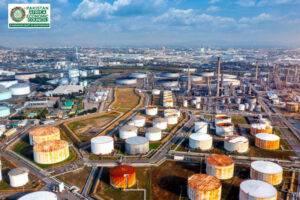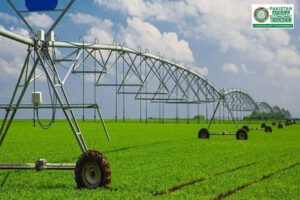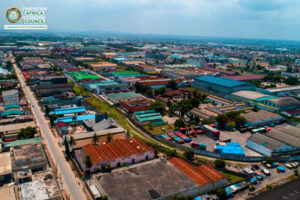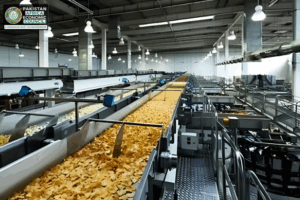Introduction
The Pakistan–Africa relationship is entering a new phase of economic cooperation. With Africa’s rapid growth trajectory and Pakistan’s expanding manufacturing and service capabilities, bilateral trade has the potential to become a transformative driver for both regions. According to recent trade statistics, Pakistan’s exports to Africa surpassed USD 1.5 billion in FY 2024, while imports from Africa crossed USD 2.2 billion, signaling a promising but underutilized partnership.
The Pakistan Africa Economic Council (PAEC) is positioned as a central platform to bridge business communities, share market intelligence, and accelerate sustainable economic growth across both regions.
Current Trade Landscape
Top Pakistani Exports to Africa
- Textiles and apparel
- Rice and other food commodities
- Surgical instruments and pharmaceuticals
- Engineering goods and light manufacturing
Key Imports from Africa
- Oil and gas products (Nigeria, Angola)
- Minerals and precious stones (South Africa, Tanzania)
- Raw cotton and agricultural products (Egypt, Sudan, Ethiopia)
Trade Balance
While Pakistan currently runs a trade deficit with Africa, this gap highlights opportunities for diversification and value-added exports.
Emerging Opportunities
1. Agri-Business & Food Security
Africa’s vast arable land and Pakistan’s expertise in agri-technology and irrigation solutions create a natural synergy. Joint ventures in seed technology, food processing, and agricultural machinery can transform food security in Africa while generating export revenue for Pakistan.
2. Energy & Minerals
Africa’s resource-rich economies provide raw materials critical to Pakistan’s industrial sector. In return, Pakistan can offer cost-effective refinery setups, engineering services, and renewable energy expertise, especially solar and wind.
3. Healthcare & Pharmaceuticals
Pakistan’s pharmaceutical sector, with globally recognized GMP-certified facilities, has a competitive advantage in providing affordable medicines and medical devices to African markets.
4. Textiles & Fashion Collaboration
Pakistan’s textile manufacturing capacity paired with Africa’s growing middle class presents opportunities in fashion retail, fabric exports, and localized textile ventures.
5. Technology & Startups
With Africa’s digital economy projected to reach USD 180 billion by 2025, Pakistan’s IT and fintech startups can collaborate with African innovators, focusing on e-commerce, mobile banking, and digital services.
Statistical Outlook
- Africa’s GDP is projected to grow at an average of 3.8% in 2025, driven by infrastructure, trade, and technology adoption.
- Pakistan’s exports to Africa account for less than 8% of its total exports, showing vast untapped potential.
- Intra-African trade under the African Continental Free Trade Area (AfCFTA) is expected to rise by 50% by 2030, offering Pakistan entry points into a unified African market of 1.4 billion consumers.
The Role of PAEC
The Pakistan Africa Economic Council is committed to:
- Publishing sector-specific market research reports.
- Facilitating B2B matchmaking events and trade delegations.
- Advocating for policy reforms that ease customs and regulatory barriers.
- Promoting sustainability and green investment in trade partnerships.
Conclusion
Pakistan and Africa stand at the cusp of a dynamic new era in bilateral trade. By harnessing comparative advantages and forging collaborative ventures, both regions can accelerate industrialization, create jobs, and build stronger economic resilience.
The Pakistan Africa Economic Council invites policymakers, entrepreneurs, and investors to join hands in shaping a prosperous Pakistan–Africa partnership.







